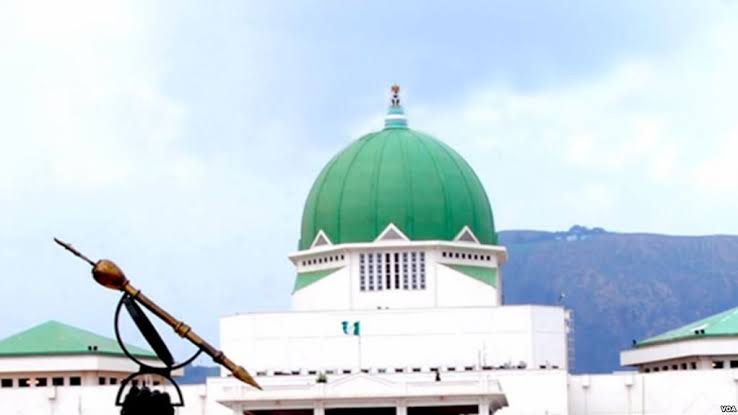- Have any questions?
- [email protected]
Beyond the Power Struggle: Why a Strong Opposition Party is Crucial for Nigeria’s Democracy

The Importance of Impartial Reporting in Nigeria’s Democracy
26 March 2023The 2023 elections marked a turning point in Nigeria’s opposition politics as a potent third force emerged. Peter Obi of the Labour Party became the first genuine third-force contender to strike a chord with the people. In 2022, when he switched to the Labour Party from the People’s Democratic Party, many sceptics believed it was a lost cause. There were contrasting predictions on social media, with some naysayers suggesting that he might not even garner a million votes. However, come February 25; Peter Obi silenced his critics by racking up over 6 million votes. This breakthrough was, until that point, unprecedented, as it secured the Labour Party 40 national assembly seats and one Governor, thus, ushering in a new dominant third force in the Nigerian polity.
As the incoming administration takes shape, stakeholders and social commentators are closely scrutinising the future of opposition politics in Nigeria. With 181 seats, the opposition political parties in the National Assembly now hold a majority. The People’s Democratic Party (PDP) has 117 seats, the Labour Party (LP) boasts 35 seats, and the Nigeria National Peoples Party (NNPP) controls 19 seats. APGA has five seats, with the ADC and SDP holding two each and the YPP taking one seat. This numerical advantage for opposition parties has raised optimism among the public that they will effectively keep the ruling party accountable and act as a check and balance to prevent any abuse of power.
Politics and governance can be likened to a football game. In every game of football, there is a clear division between teams that play offence and those that play defence. As opposing teams battle it on the field, Nigeria’s democracy also depends on a healthy opposition to ensure its leaders keep their eyes on the ball. Just as formidable defenders force the offensive team to rethink their strategy, opposition parties are crucial in challenging the ruling party’s actions, policies, and decisions. Without strong opposition, the ruling party can quickly dominate the political landscape, leaving little space for meaningful political discourse, accountability, and transparency. In Nigeria, just as a football game becomes dull and predictable without opposition to shake up the field, its democracy also becomes stale and loses sight of its goals without robust opposition.
Nigeria has a history of fractured opposition that has been unable to mount a serious challenge to the ruling party. A strong opposition is crucial for any functioning democracy; it enhances accountability and transparency in governance. Beyond mere political representation, robust opposition is critical in providing a healthy check and balance to the actions of those in power. However, Nigeria’s political landscape has long been plagued by power struggles and a lack of genuine opposition.
The inability of Nigeria’s opposition to provide a credible counterweight to the ruling party has hurt governance, leading to a lack of accountability, wide-scale corruption, weak institutions, and inefficiency. A strong opposition is necessary to ensure public officials remain accountable to the electorate. This can only be achieved when the ruling party and its officials are held to account for their actions.
A robust opposition creates space for meaningful debates on contentious issues such as social justice, human rights, and the rule of law. It is through these debates that the public can be empowered to make informed decisions at the ballot box, thereby creating a truly democratic system. A strong opposition also ensures that the ruling party remains innovative and focused, delivering its promise to the electorate.
In Nigeria, political apathy has significantly contributed to the perennial lack of opposition to the ruling party. Lack of interest and voter turnout has been cited as challenges to opposition political parties. Further, challenges resulting from election rigging, intimidation, and violence have created a hostile environment unfavourable to opposition political parties.
As Nigeria forges ahead in its democratic journey, opposition parties must be strengthened. If there is going to be a change in Nigeria’s political landscape, a genuine and lasting one, developing a robust opposition is not an option but a necessity.

